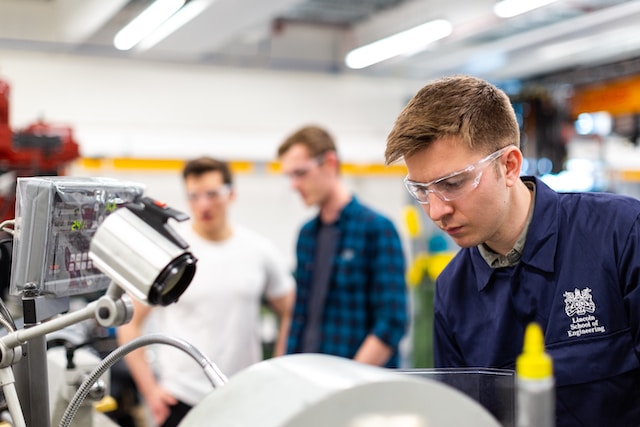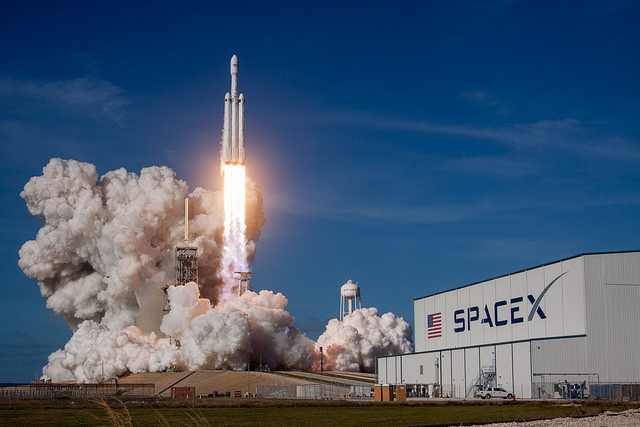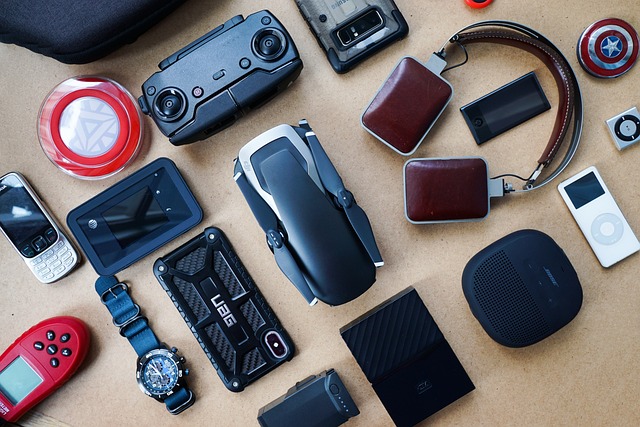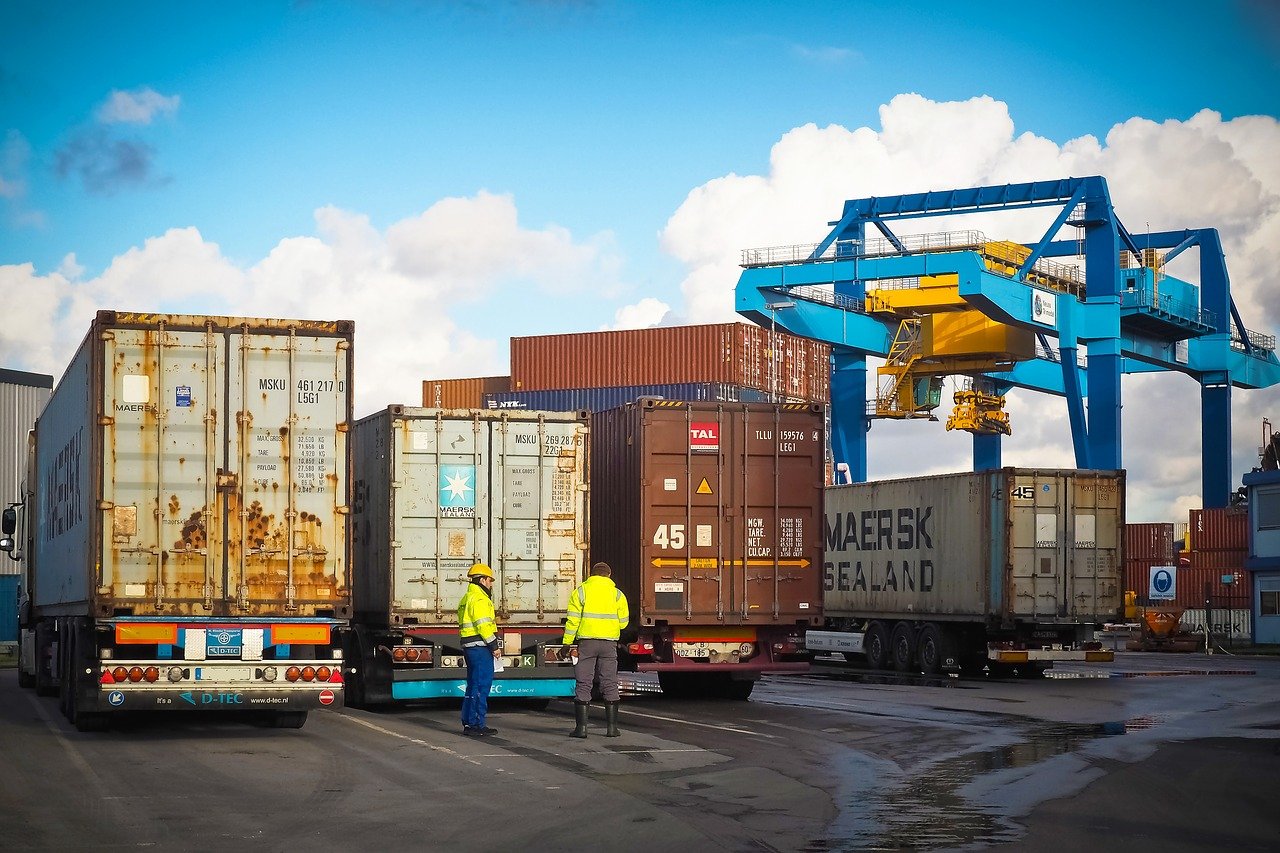Plastic is cheap and incredibly versatile but almost indestructible material. We are producing over 380 million tons of plastic every year, and around 50% of that is for single-use purposes.
The plastic bottles we throw today will remain on the planet for at least several hundred years. Plastic pollution can afflict land, waterways, and oceans, that is why the plastic pollution problem is so serious.
However, a new study by the researchers at the Chalmers University of Technology in Sweden has shown that microbes that can eat the plastic are evolving to match it. The research has the potential to use enzymes to break down and recycle plastic.
Though it’s still not a perfect solution, it shows the way forward since we know very little about plastic degrading microbes.
The strain of bacteria that can break down the plastic has improved to work faster
Researchers scanned more than 200m genes found in DNA samples taken from several locations around the globe. They compiled a dataset of 95 plastic degrading microbial enzymes found in the garbage dump.
Later, using computer modeling they searched for microbial enzymes with plastic degrading potential. These were then cross-referenced with the plastic waste pollution across various oceans and nations. They noted that there has been an increase in not just the quantity but also the diversity of plastic-degrading enzymes.
Researchers found 30,000 different enzymes that could degrade 10 different types of plastic.
Aleksej Zelezniak, Associate Professor in Systems Biology at Chalmers University of Technology explained “The next step would be to test the most promising enzyme candidates in the lab to closely investigate their properties and the rate of plastic degradation they can achieve,”







